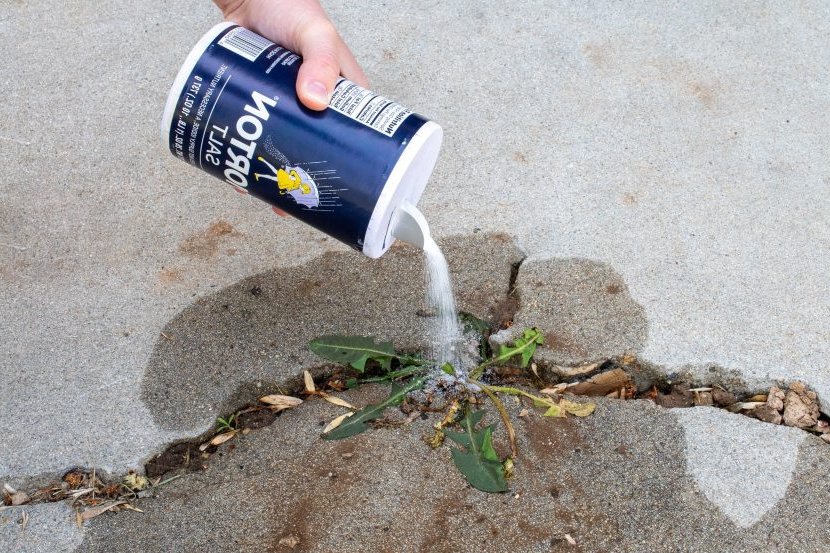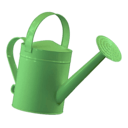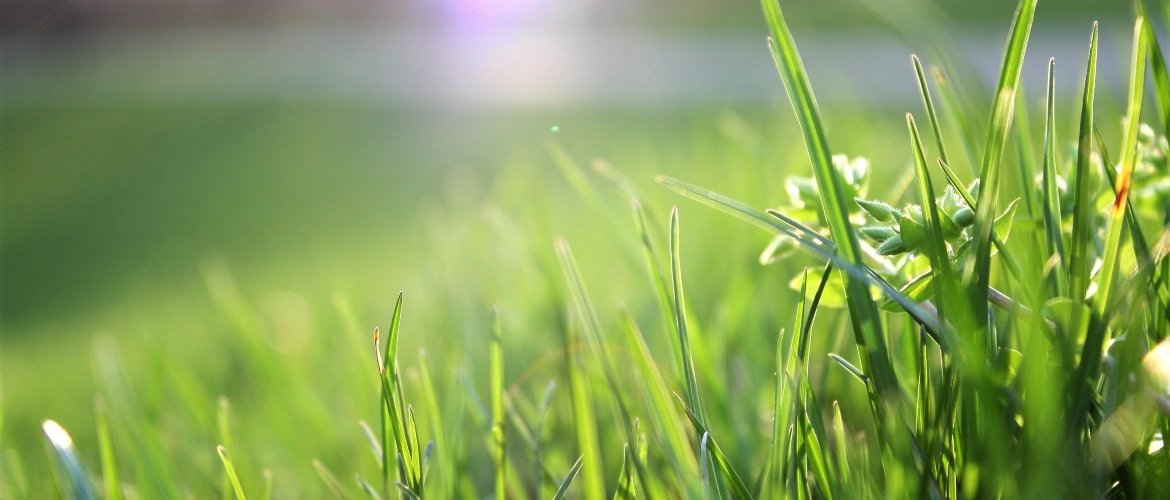How to eliminate weeds once and for all
Having a magazine garden requires dedication. Sometimes, guests come to it that have little to do with the dream landscaping proposal. Weeding is a tedious task. However, it is essential and can be done for good with the right resources.
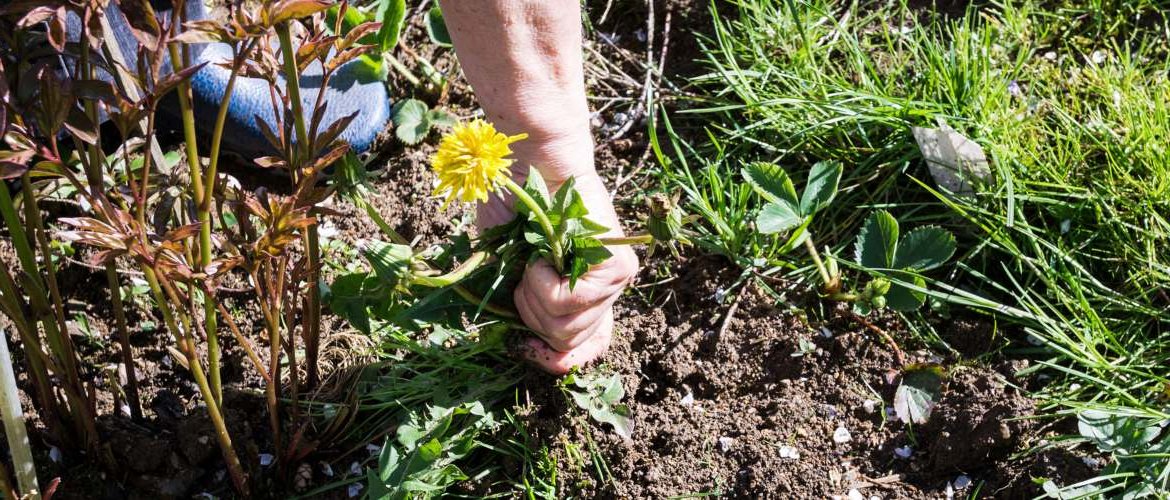
The right tools, some knowledge and a few home-made tricks courtesy of popular wisdom are great allies when it comes to eliminating weeds once and for all.
In agricultural plantations, gardens and even pots. You've probably seen weeds a thousand times, but do you know what they are? The term is generally used to refer to weeds that can be harmful to other plants.
However, these same weeds do not have to be bad for your health, or even for your garden. They are simply weeds that grow spontaneously and, by competing for resources with the species in your garden, put their growth at risk.
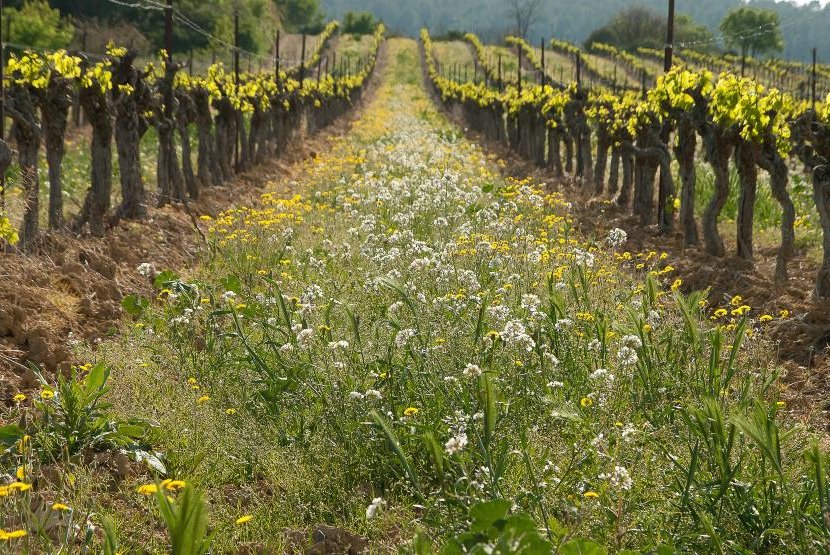
Having the right tools is the first step in the battle against weeds. Good gloves and your hands may be all you need to get started. But if you want to get rid of weeds for good, you'll need more complete equipment.
A hoe, gouge, weeder or weeder are some of the basic hand tools. However, if the density is important, you will need something more forceful. A brush cutter, for example, can be very useful.
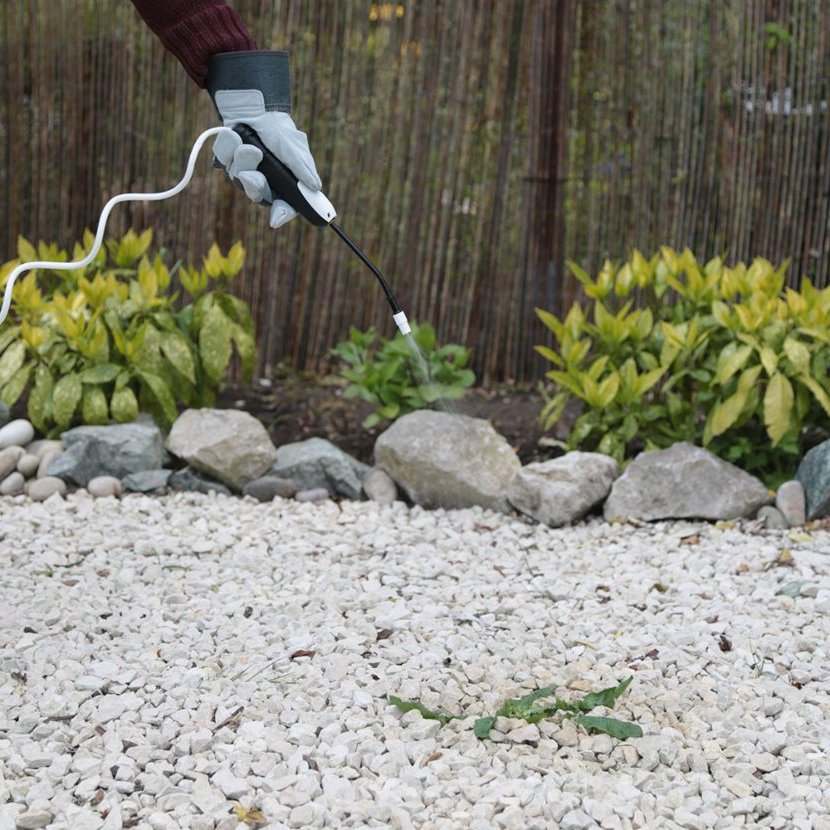
There are those who prefer something more forceful such as chemical herbicides. They are not ecological or environmentally friendly but their effectiveness cannot be denied. However, they kill everything, so if you opt for this system, it is better to be careful where you apply it.
However, to avoid damaging the rest of your plants, there are alternative methods that are much less aggressive. You can try pulling them up and placing special landscaping fabric over them once you have cleared the ground of weeds. Or you can cover them with newspaper to keep them out of the sun so they can't germinate.
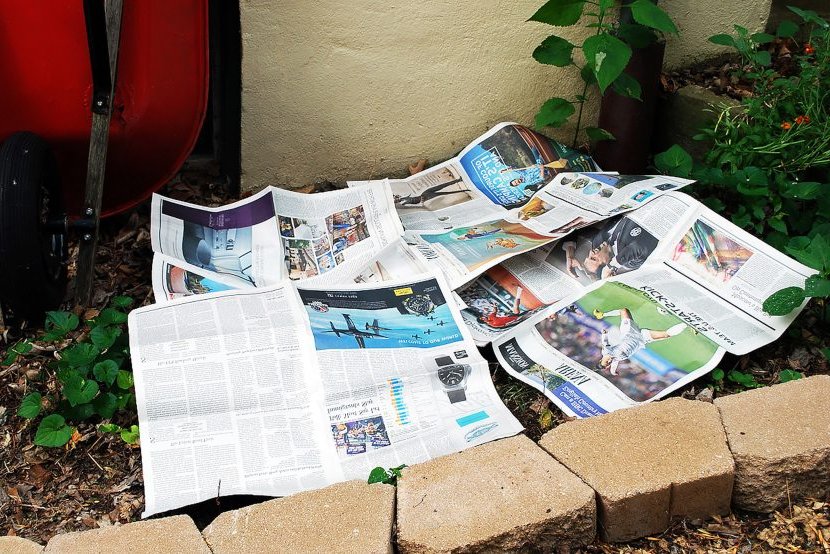
Another formula capable of making weeds disappear from your garden is to apply a natural herbicide. To do this, the only thing you have to incorporate into the design of your outdoor areas are ground cover or creeping plants.
Alboradas, bluebells, creeping rosemary, immortelle.... There are many species that will allow you to create the most attractive natural spaces while preventing the growth of weeds.
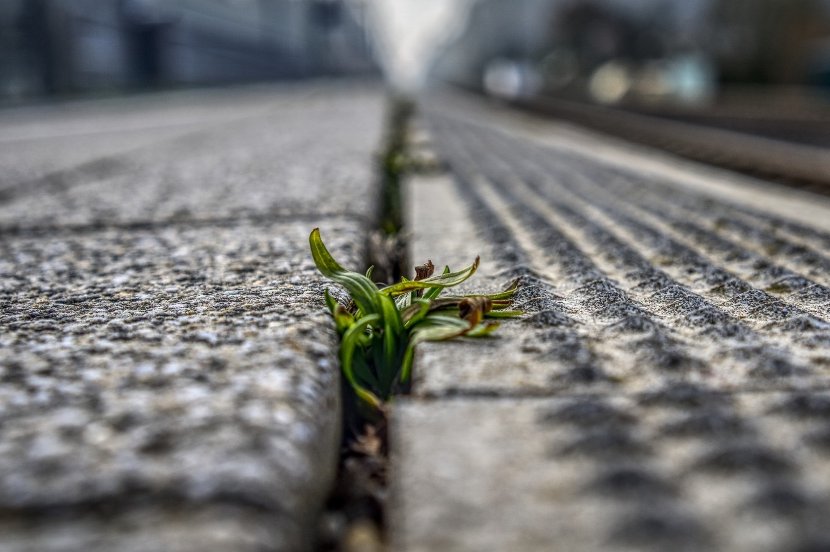
Contrary to what happens in wild environments, in particular green spaces, the natural balance of the ecosystem can be threatened by the presence of weeds.
Weeding is not a whim when it comes to a garden. Competition for light, space, water or nutrients is only one of the reasons to pull them. Aesthetics or hygiene also play a major role.
In addition to expert advice, popular knowledge is an inexhaustible source of wisdom. In the chapter on how to get rid of weeds for good, we could not miss a wide range of the most varied homemade tricks.
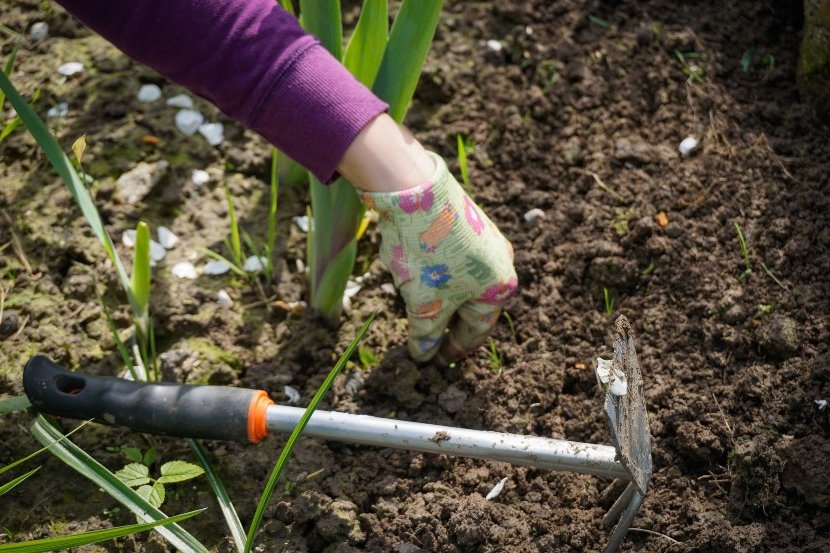
The first of the natural and traditional remedies could not be other than water. At its boiling point, the liquid element can become a powerful herbicide capable of putting an end to your battle with weeds. However, as with chemical herbicides, boiling water does not distinguish between good and bad weeds, so you will have to be careful when applying it.
If you prefer something more accurate and less delicate to use, cornmeal is also a good alternative. Simply sprinkle it on the desired area - once the weeds have been removed - and you'll never have to worry about weeds again.
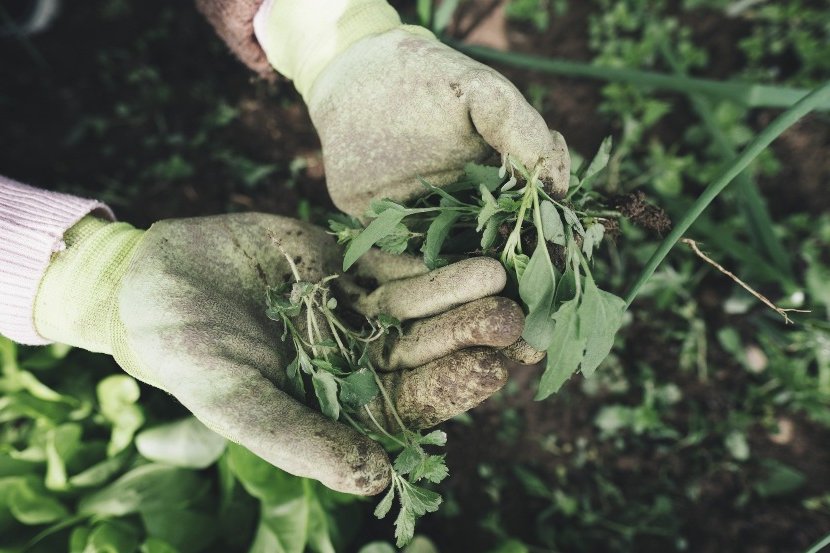
Vinegar and salt are also among the natural remedies to eliminate weeds without resorting to chemicals. The former acts best on young plants and combined with lemon juice and a tablespoon of soap can be lethal when sprayed on weeds, especially if the weather is sunny.
Salt, on the other hand, does not need any support, since it is capable of eliminating weeds and preventing them from growing again.
